I’ve been doing a deep dive into our role in literacy over the past couple of months. It started with reading research on how on earth we can help kids spell what they can’t say. Then I was looking closely at the Kindergarten classroom plans for the first several months of school (with something akin to panic because I knew “my” kiddos were going to have whiplash at the pace of language/literacy skills presented). And now I’m in the midst of ASHA’s online “Preschool Literacy” conference (actually by the time you read this, I’ll be done, but you know what I mean.”
I’m a big fan, HUGE, actually, of reading to children. Every. Single. Day. Up until the day they are so old, you go to bed before they do. Very often, my language therapy begins with a “reading conference” with parents with suggestions for making this a daily routine and giving them guidance on book selections for their particular child. (For the handout I give parents, check in my virtual therapy closet of free resources above.)
And I love to bring books into our sessions to work on all sorts of concepts from attention to perspective taking to vocabulary and inferencing.
Phonemic awareness tasks are another staple of my room, particularly if you are there for a speech sound disorder and language needs.
And I try to use materials that have both the picture and the written word in a child friendly font when possible.
But I haven’t always been specific about incorporating reading skills into our sessions and I realized I was missing an opportunity to really help my students. Their classmates may have no issues keeping up with the sight words presented each week. Mine do. And even if their parents are motivated to review at home, they tend to be the kids more easily frustrated and unwilling to participate. If I can assist by providing another 5-10 min here and there in an environment where they feel successful, you bet I’ll do it.
For instance, I’m always pushing to see if my artic kids can move from single words to something just a little bit longer. So, using a sentence strip with “the” (early sight word) and adding the picture after it to get “the (word)” might be something easy to add. (In the picture above, the student needed an “extra” reminder to use his “s” or snake sound.” Or I might have a strip with “the,” then blank space for our cards, “is” and more blank space. They say the card by itself, then place it on the strip and “read” the beginning of our sentence “the (word) is” and finish the sentence. (In the photo below you see the back of one of my articulation fishing cards. Which makes this a fish strip.)
When they start to feel like they are really reading, even though it’s the same pattern each time they get excited. Excited enough to show someone else (Bonus, because it means I can send some home!). Excited enough to try other words too.
We write their target sound quite a bit too. Not only does this help them slow down and focus on placement, but it gives them a visual for where in the word the sound is and additional exposure to the spelling. For kiddos working on blends, we listen and carefully feel to figure out what the changing sound is and what letter we might use to represent it (ex. with /s/ blends the /s/ is staying the same, but what’s next? /n/? /k/? What letter could we write for that sound?) I’ve been amazed at how it’s helping with productions too.
Let me know if you have a favorite tip for incorporating early reading skills into therapy.
For additional sight word practice, try Jackpot for Sight Words!


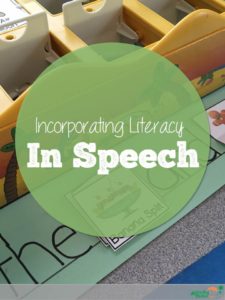
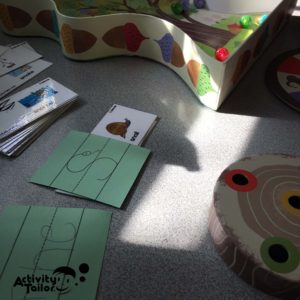
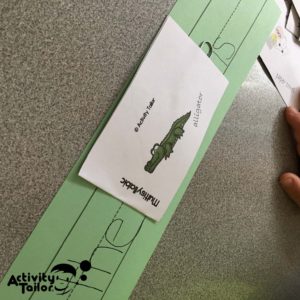
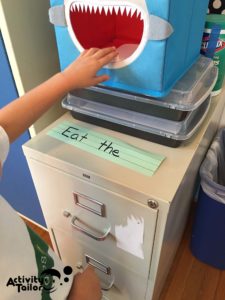
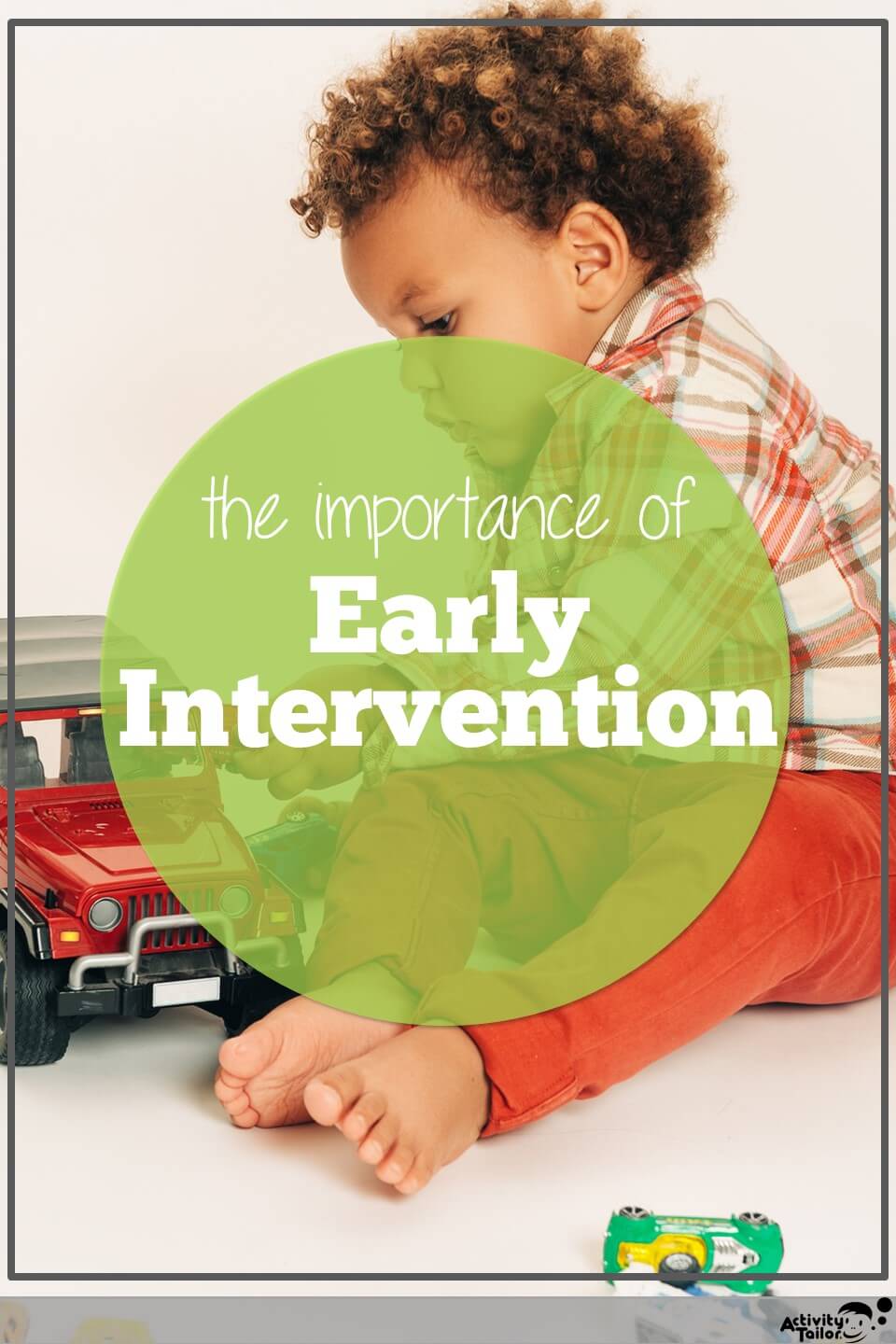
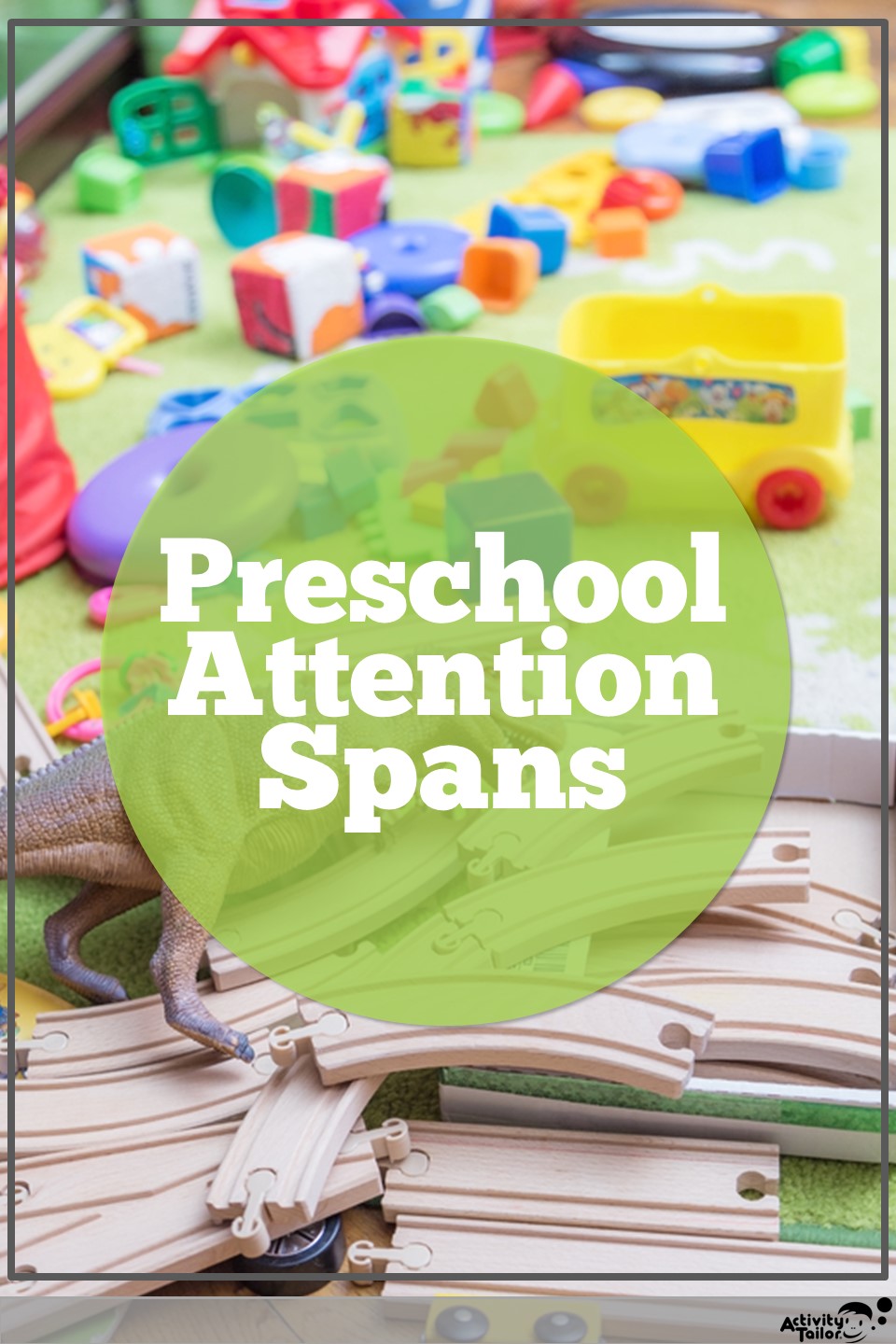
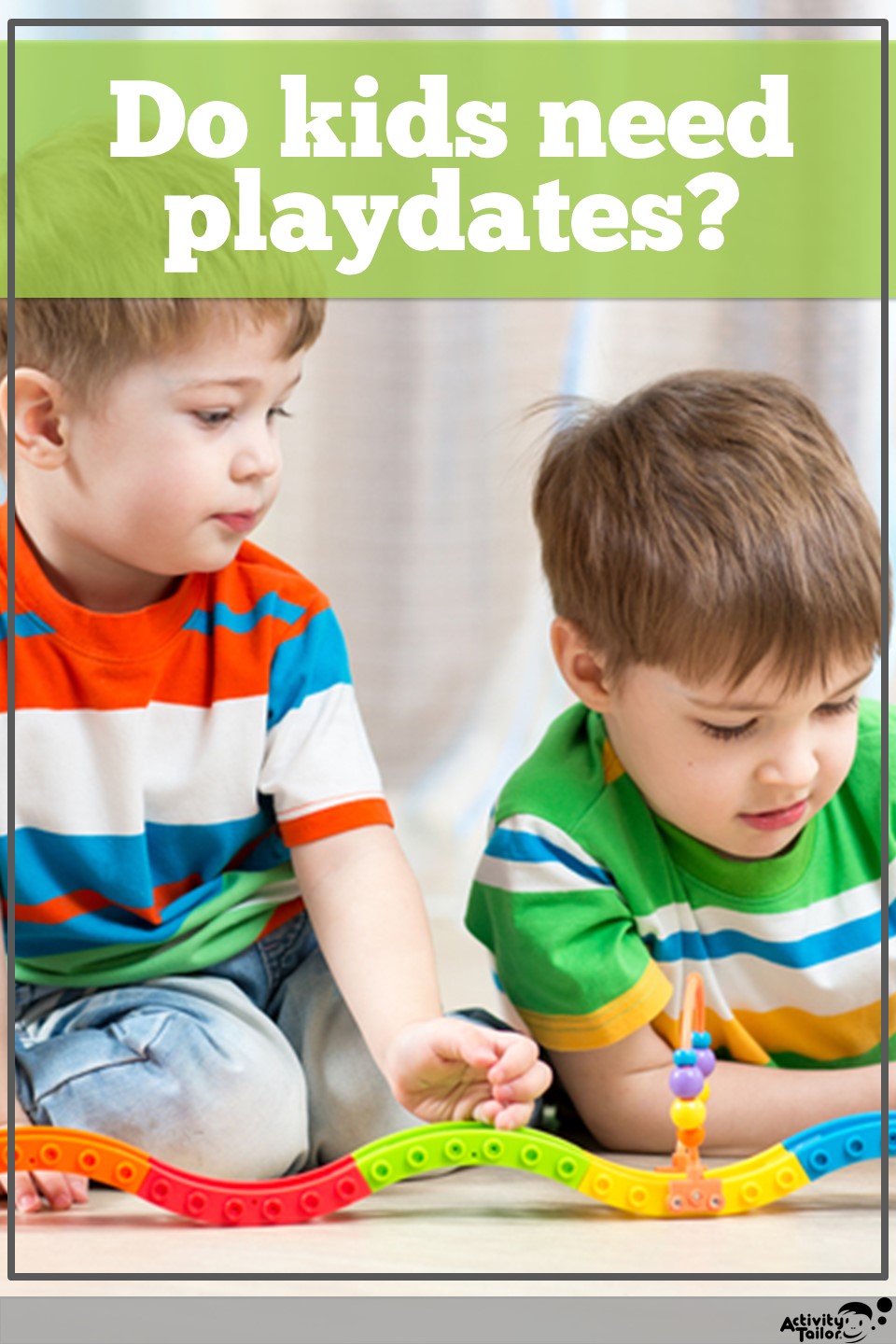

This Post Has 4 Comments
Great article and suggested activities!
I was so disappointed I didn’t sign up for the literacy conference! I’d love to know what you thought about it after you’ve finished. I am a strong believer in incorporating a book/reading in every session. Great suggestions!
Thanks, Allison! This was the second online conference I’ve done and I really like them! The info is great and I like that I can listen based on my own schedule. My biggest complaint are the live chats. Not only are they at odd times, but the format is painful. You type in your question, you wait. And you wait. And you wait. I’m not sure why there is such a lag, but by today’s instantaneous standards, it’s barely above a telegram! I have a friend that is now doing the “Intelligibility” seminar that I did over the summer and while she doesn’t have the chat option available, she does have until the end of the year to complete it. So, perhaps the literacy course will be offered that way as well? The one thing I will say the conference opportunity does have, at least for me, is that you’re forced to get it done in a short period of time (usually 10 days). I might not get every last session completed, but, honestly, if I had more time, I doubt I’d do much more. Kim
This is such an important topic and I really value all of your specific ideas! Thank you for your wonderful post!
Comments are closed.